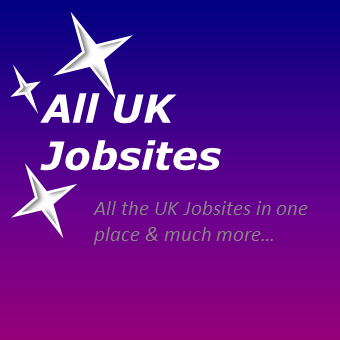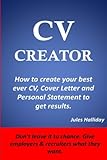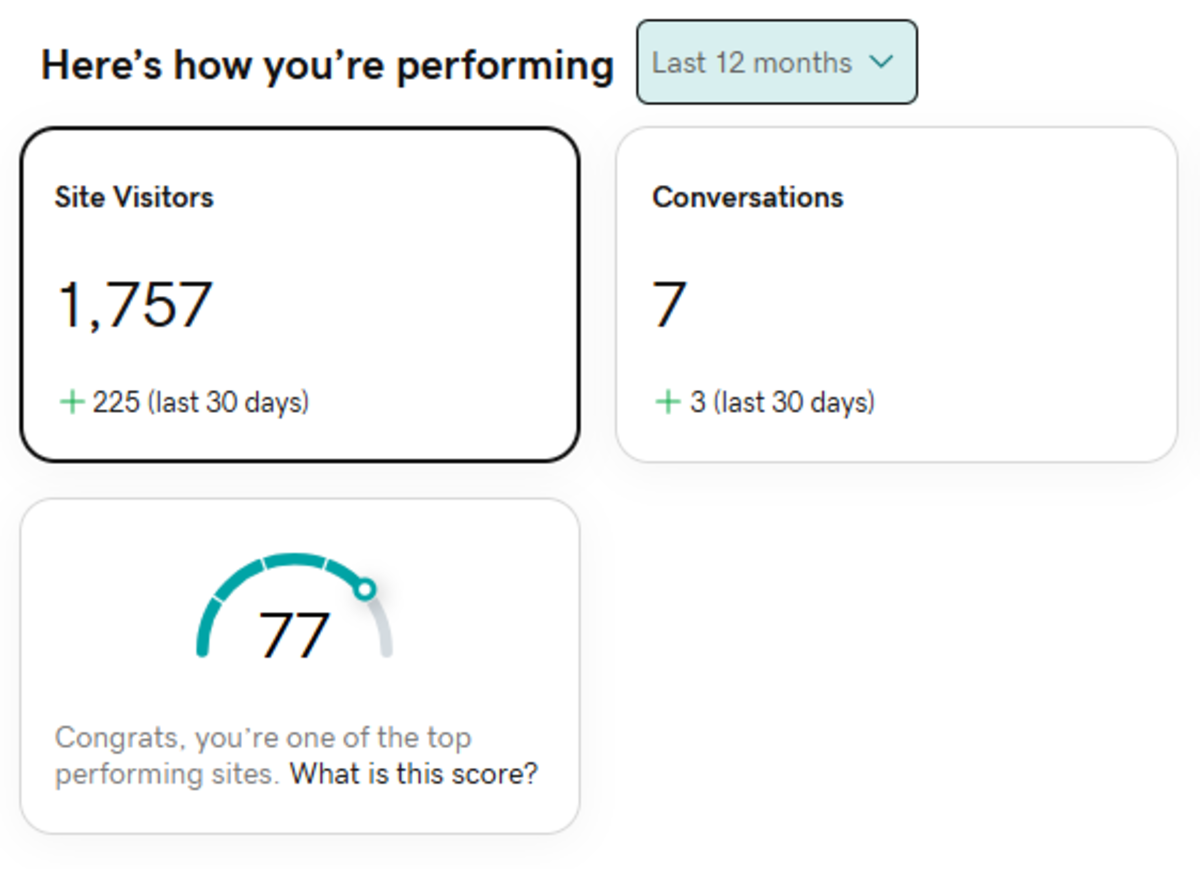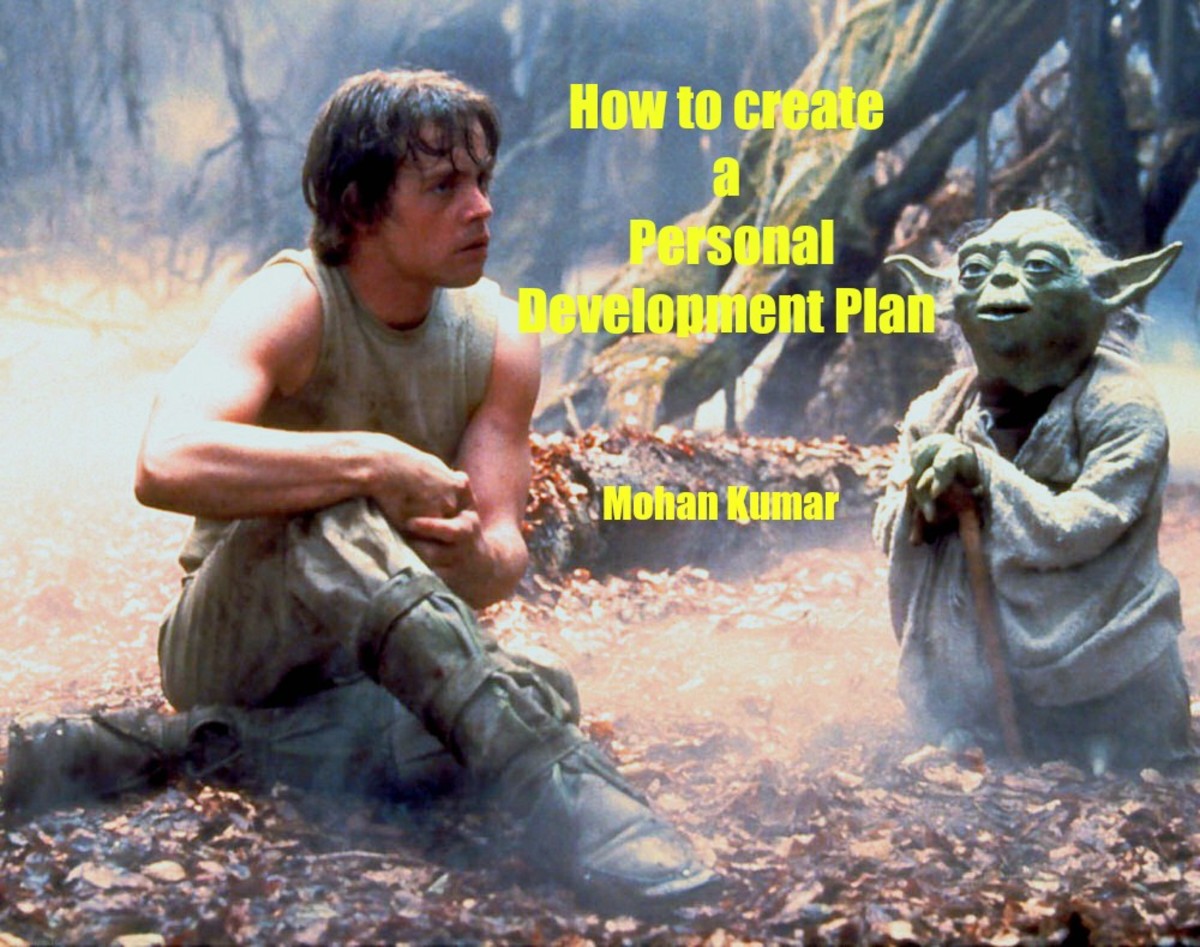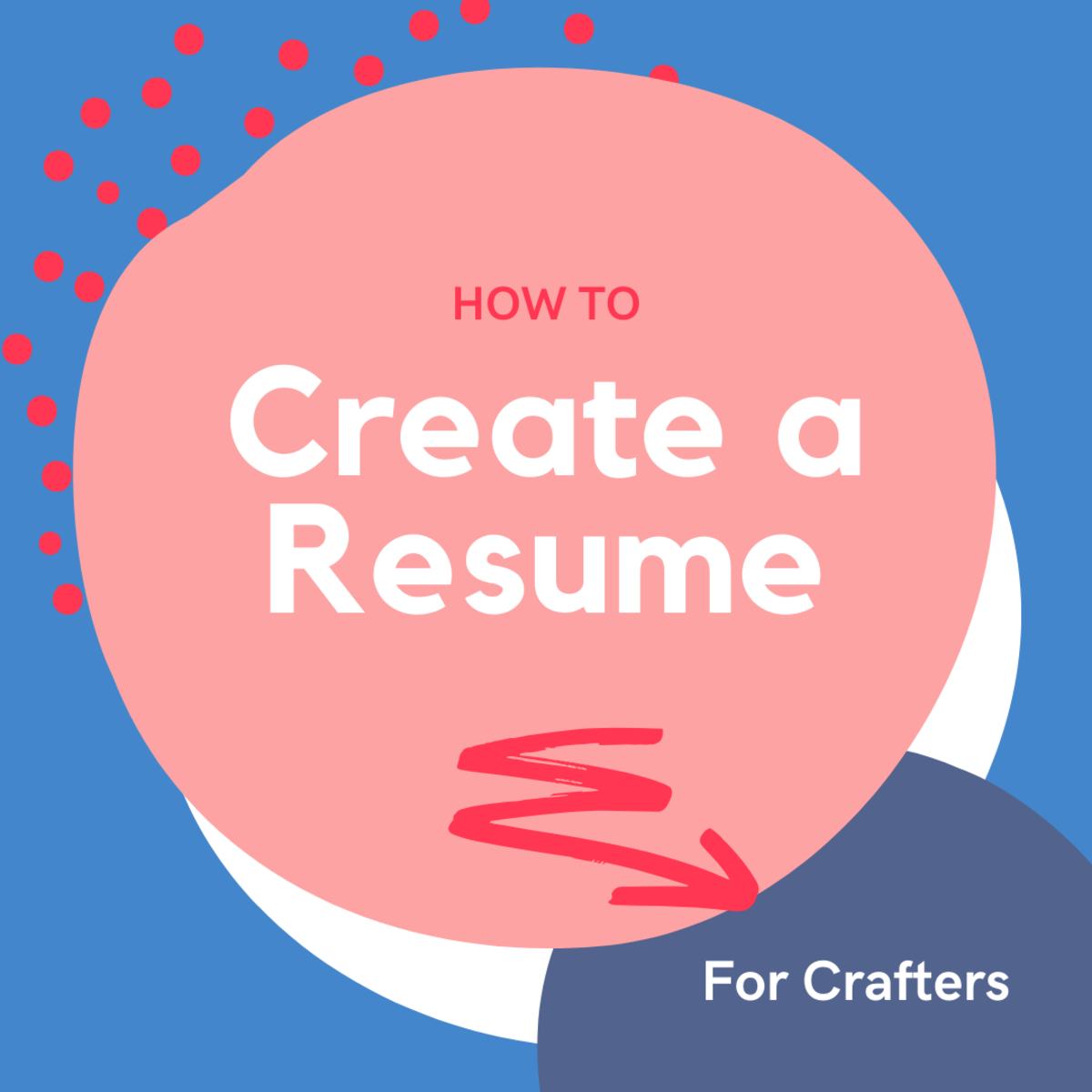The Importance of a Personal Statement

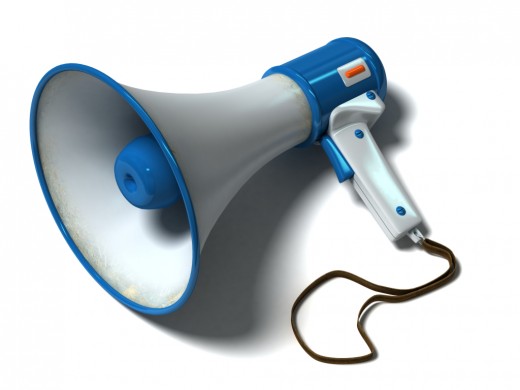
What is a Personal Statement?
Also known as a Career Statement, Career Profile, Personal Profile or Biography, a Personal Statement is a professional "about me" paragraph containing approximately 50 words with a maximum of 100.
It should briefly showcase your career highlights and what you can bring to the job position you are applying for.
It would normally be placed on your CV or resume after your contact details and it is designed to intrigue, entice and excite the Recruiter to find out more about you. In other words, the aim is to ensure they read your CV or resume fully and then ultimately invite you for an interview.
Grab Their Attention
Recruiters speed read applications in the first instance and cover letters may be read separately or become detached from your CV so it is vitally important that your Personal Profile grabs the attention of the reader immediately.
Anita Whiting, founder of Buying Time UK with over 20 years’ experience within the recruitment industry advises the following.
“In the first instance your CV enters a de-selection process and could take 2 – 3 sifts before you enter the selection for interview process. This is due to the volume of CVs received. Make sure you have a CV that is totally relevant to the role and make that visible within the personal statement or profile. Only this part of your CV will be read in the initial stages.
Not all jobs are advertised so make sure that your CV is found on job boards – keep them rich with the key words highlighting your skills and replenish every week. Don’t underline key words or job titles and don’t use boxing or shading – this will prevent your CV being picked up
Avoid superfluous words – keep your CV to the point and achievement driven. Wherever you can, show where you can add value to the organisation.”
Having an attention grabbing personal statement is of the utmost importance in getting you noticed and the Recruiter placing you in the "I want to know more" pile.
Advertising agencies promote products by;
- Telling you what it is
- Telling you what it does
- Giving you a good feeling about it
Think of your Personal Statement in the same way. It is your advert. You are the product.

How to Get Started
Getting started can be the most difficult part so keep in mind that whatever you choose to write should allow the Recruiter to quickly see what value you can add to the organisation not only now but in the future.
Every Employer simply wants to know:
- Who you are
- What you can do
- Where you fit within their company now and in the future.
It's your golden opportunity to give the Recruiter a strong motivation to read on; for you to sell yourself.
What is it about you and only you that sets you apart from other applicants with similar backgrounds? What is your unique selling point or USP?
If you are sending your CV or resume to Recruitment Agencies on a speculative basis then it is also a good idea for you to include which roles you would like to apply for. What are your aspirations? Be specific.

The Clues Are There
Perhaps the easiest way to get started is to look for clues. What does the Employer actually want?
The Job Advert
Read, read and read again the job advertisement. What skills are essential and which are desirable? What key words are within the advert? Do you need to have a certain amount of years in experience or specific qualifications?
Company Website & Promotional Material
Do your homework. Research the company thoroughly for added clues such as their history and plans for expansion. Where do you fit in to the mix? What are the company values? Are your values in synergy with this and their mission statement?
Who Works There?
Find out about the culture of the organisation and analyse the profiles of people who work there or those who have previously. Visit Linkedin where you can search for employees and view their profiles and career histories then honestly evaluate if you are on the right track with your application. If you are lucky, the person who is leaving may have their profile up to date so you can see exactly whose shoes you will potentially fill.
Who Are Their Competitors or Similar Businesses?
Some job descriptions can be vague or lacking in specific information so by looking for similar companies with job advertisements can throw up some extra clues as to what particular roles might involve and experience or qualities required.
Matching You To The Job Description
As Recruiters generally speed read to pre-select the initial CVs, it is vital that your Personal Statement highlights where your skills and experience match the needs of the organisation and job role.
Do you offer a good return on investment?
What value can you bring to the organisation?
Does it look like you can do the job and do it well?
Your Personal Statement should absolutely relate to the job you are applying for and summarise your main qualities and skills which will in turn allow the Employer to visualise how you can contribute to the success of the company.
3 Key Skill Sets
There are 3 types of skills that you should highlight within your Personal Statement to demonstrate your employability.
1. Transferable Skills
These are the skills you have learned in one line of work or within one particular organisation that can easily be adapted and transferred to the job you are applying for. Describing these skills are particularly important if you are changing jobs where you may not have the direct and specific experience required but can still add value from your past experiences.
2. Job Related Skills
These are skills or qualifications you have gained that are directly relevant to a specific job. Describe these when you are applying for a promotion, sideways move or similar company and position.
3. Adaptive Skills
These are skills which show that you have the ability to learn, grow and adapt to company requirements both long and short term. If you are applying for a job or career change where you do not necessarily tick all the boxes on their requirements then giving examples may get your foot in the door and increase your chances of success.
You do not need to include all of these so decide which ones are the most appropriate for your current abilities and past experience in relation to the job description.
You're Amazing
You're amazing! You just need to let the recruiter know this!
So, remember, keep it short and snappy. Grab the attention of the reader and entice them to read more.
You are the product. Would you buy you?
Quick Poll
Does your current personal statement grab the attention of the reader?
